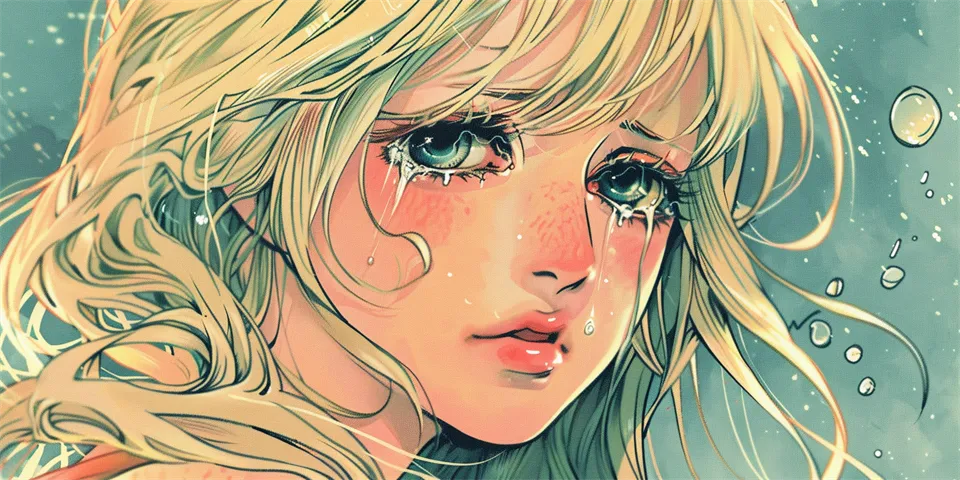Can you submit fanfiction to literary journals
Fanfiction is a form of fiction where fans take popular characters from books, movies, or TV shows and write their own stories about them. The fanfiction community is quite extensive, often producing high quality, emotionally engaging content that rivals the source material. While fanfiction has traditionally found a home on social media or fanfiction dedicated websites, the prospect of submitting fanfiction to literary journals can be intriguing for many writers.
Fanfiction involves creating new stories using pre-existing and often copyrighted characters, settings, or plot elements that are owned by the original content creators. While this provides a wonderful creative outlet to explore countless 'What If' scenarios, it also raises important questions about intellectual property rights, the legality of fanfic, and the commercial viability of such works.

The Legality of Fanfiction
The legality of fanfiction is a contentious issue. There are still debates regarding the extent to which fanfiction is protected under the Fair Use doctrine, which allows limited use of copyrighted work without permission from the owner. One of the major factors influencing the legality of fanfiction is whether or not it's published for profit.
Under current law, most fanfiction is considered a derivative work and, thus, infringes on the copyright holders' exclusive right to create derivative works. However, if a fanfic is not used for profit and the original copyright owner doesn't object, it can exist in a legal gray area.
Submission to Literary Journals
Submitting fanfiction to literary journals presents a whole new level of complexity. Most literary journals publish original works of fiction, poetry, essays, and sometimes translations. Submission guidelines vary, but almost universally, they specify that submitted work must be original and must not infringe upon another's copyright.
What this means is that, in most cases, literary journals will not accept fanfiction submissions. Because fanfiction frequently uses copyrighted characters and settings without permission, this technically constitutes copyright infringement, a risk that most literary journals do not want to take.
Fanfiction and Self-Publishing Platforms
While the traditional publishing route via literary journals may not be feasible for fanfiction, numerous self-publishing platforms celebrate and support these writers. Websites such as FanFiction.net, Wattpad, and Archive of Our Own are homes to millions of fanfictions and fanfic authors.
These platforms not only provide a space for fanfiction writers to share their stories but also foster a sense of community. Readers can follow their favorite authors, participate in forums, and more importantly, provide feedback to the authors, which is crucial for a writer's growth.
Fanfiction as a Gate to Original Writing
Fanfiction can be a springboard to writing original content. Many successful authors began their writing journey by penning fanfiction. Despite its roots in someone else's world, fanfiction allows budding writers to experiment with character development, plot pacing, and scene creation.
When fanfiction writers transition into original writing, they can submit their work to literary journals, traditional publishers, or self-publish on various platforms. At that point, the characters, setting, and plot are all their own, and they no longer run into issues with copyright infringement.
Conclusion
While fanfiction probably won't find its way into literary journals due to copyright issues, it should not be dismissed as a lesser form of writing. The practice cultivates creativity, hones writing skills, and fosters vibrant online communities. More importantly, fanfiction serves as the starting point for many authors before they venture into original writing, ready to share their own worlds with readers.
A world without fanfiction would be less colorful. So, while it may not find a home in literary journals, fanfiction has carved its own niche - a place where fans can keep their beloved characters and stories alive, often giving voice to perspectives and narratives the original did not explore.
Common Questions About Fanfiction
Q: Can fanfiction be sold?
A: Fanfiction, as derivative work utilizing copyrighted characters and settings, generally cannot be sold without the original copyright owner's permission.
Q: Has any fanfiction become successful as published books?
A: Yes. One very notable example is E.L. James' "Fifty Shades of Grey", which began as a "Twilight" fanfiction.
Q: Can I submit fanfiction to literary journals?
A: In almost all cases, no. Fanfiction is typically not accepted by literary journals due to copyright issues.
